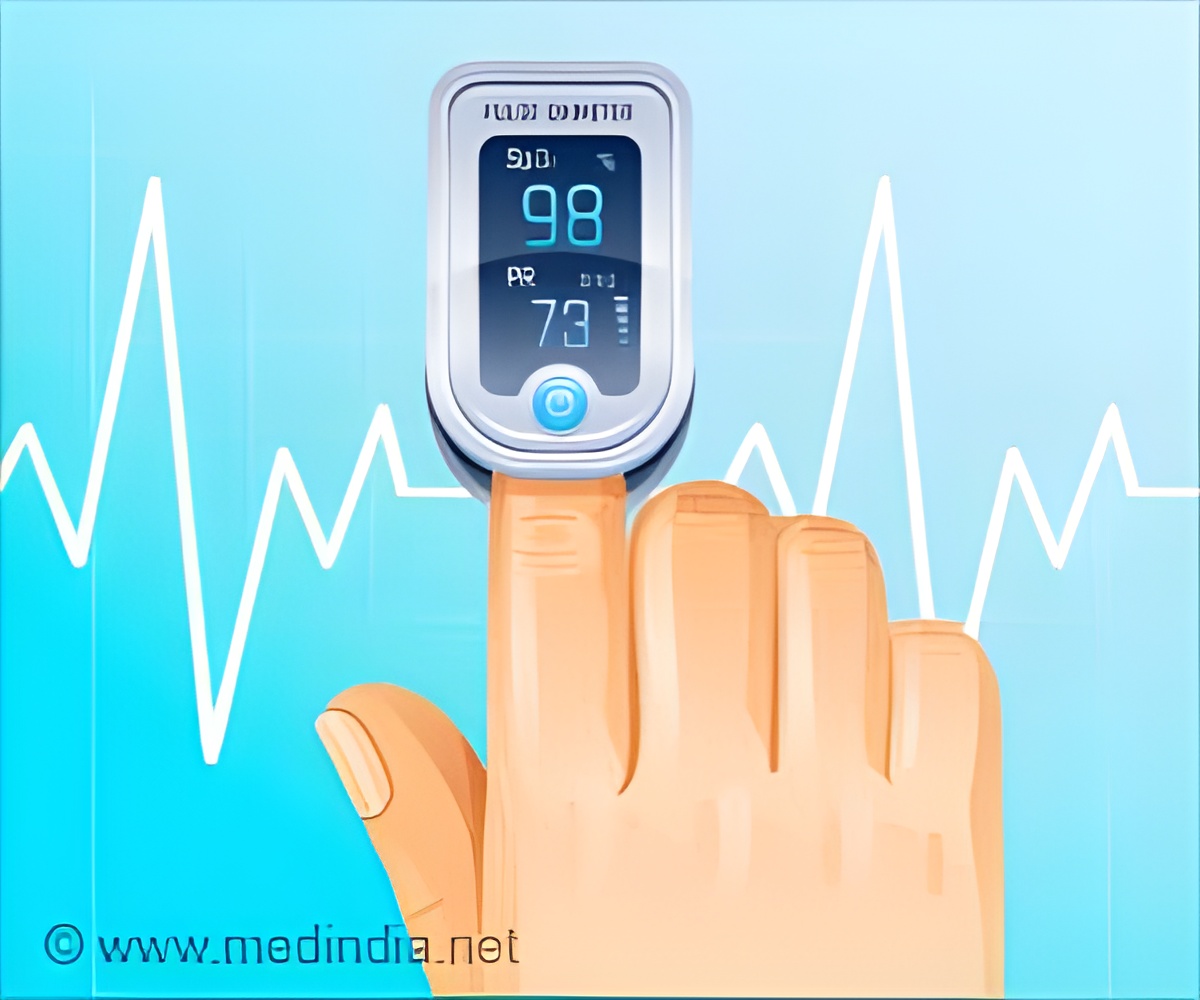Pulse oximeters work less in people with darker skin and the inaccuracies in pulse oximeter readings in black Covid patients were observed by Dr. Omar Jundi, an intensive care consultant in West Yorkshire.

‘Experts believe the inaccuracies in pulse oximeters may be a contributing factor to the rise in Covid cases in people from black, Asian and other ethnic minority groups.’





The regulators do not advise against the use, but ask "to look for changes over time rather than relying on a single reading and seek advice from a healthcare professional". NHS England is also issuing updated guidance, advising patients from black, Asian and other ethnic minority groups, the report said.
"Although a valuable clinical tool, clinicians are increasingly becoming aware of the potential errors or inconsistencies associated with pulse oximeters, so we need to have this in mind when using the devices," Dr. Habib Naqvi, director of the NHS Race and Health Observatory, was quoted as saying.
In people with Covid-19, oxygen levels in the blood can drop to dangerously low levels without them noticing -- a condition known as "silent hypoxia".
Inaccuracies in pulse oximeter readings in black Covid patients were observed by Dr. Omar Jundi, an intensive care consultant in West Yorkshire, the BBC reported.
Advertisement
The UK figures show that people from black, Asian and other ethnic minority groups are more likely to get Covid, and become seriously unwell or die from it. Experts believe the inaccuracies in pulse oximeters may be a contributing factor to this, the report said.
He added it was vital that culturally-inclusive research now took place to ensure that pulse oximeters performed accurately on people with darker skin tones, the report said.
Source-IANS














